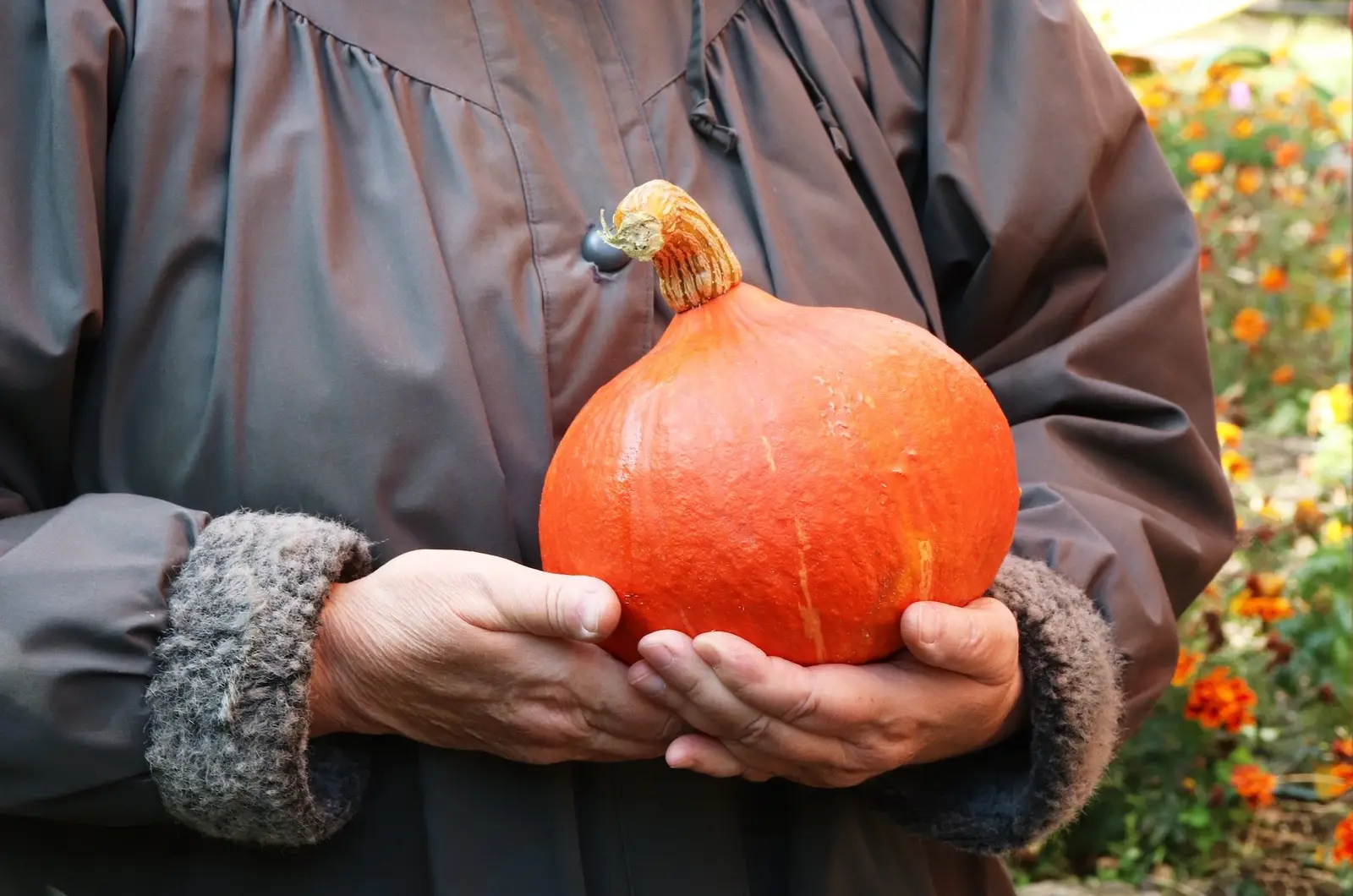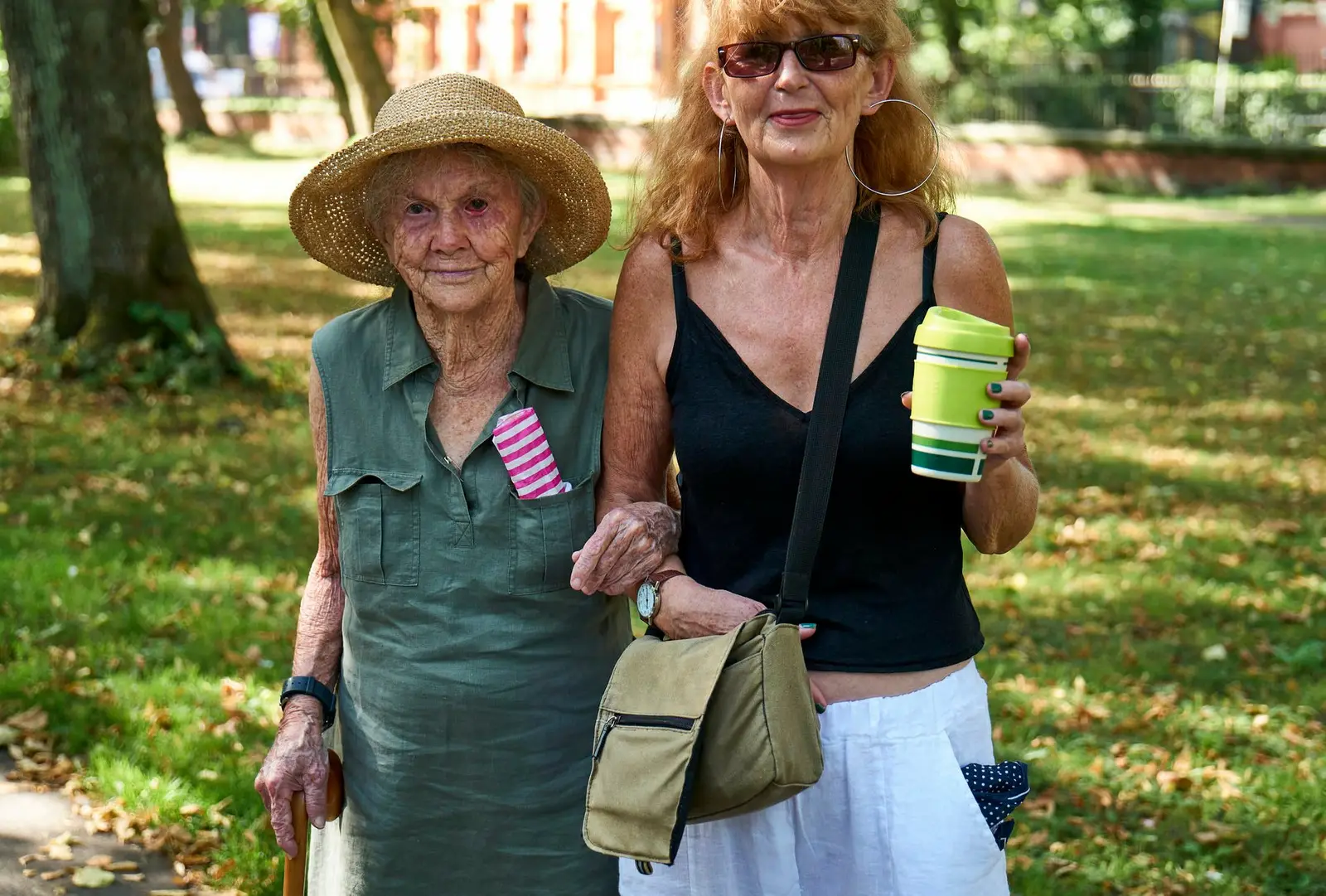Loss of Appetite in the Elderly: Causes and Support
4-minute read | 22/01/2026

Editorial Contributor
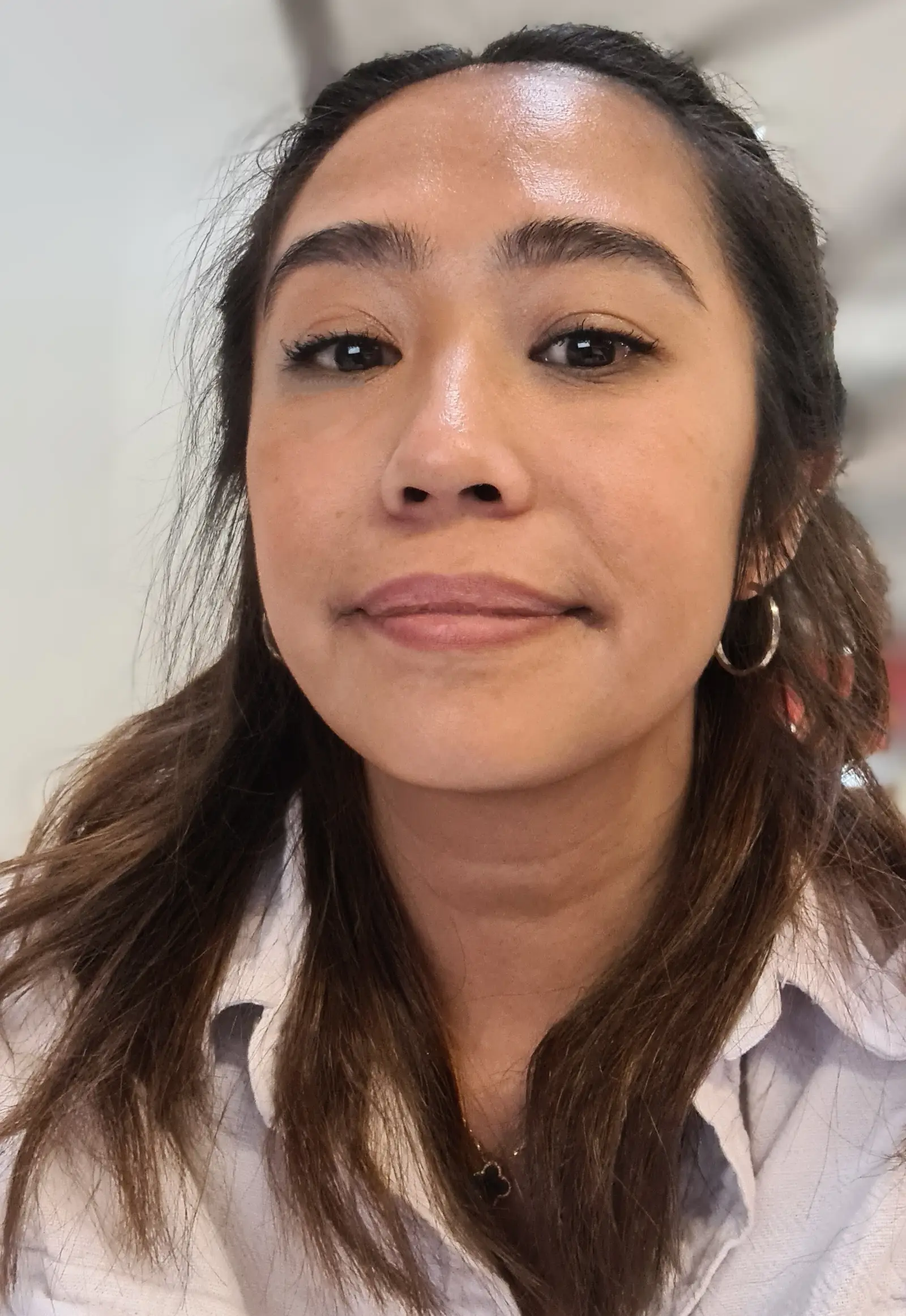
Clinically reviewed by
Bianca Wardle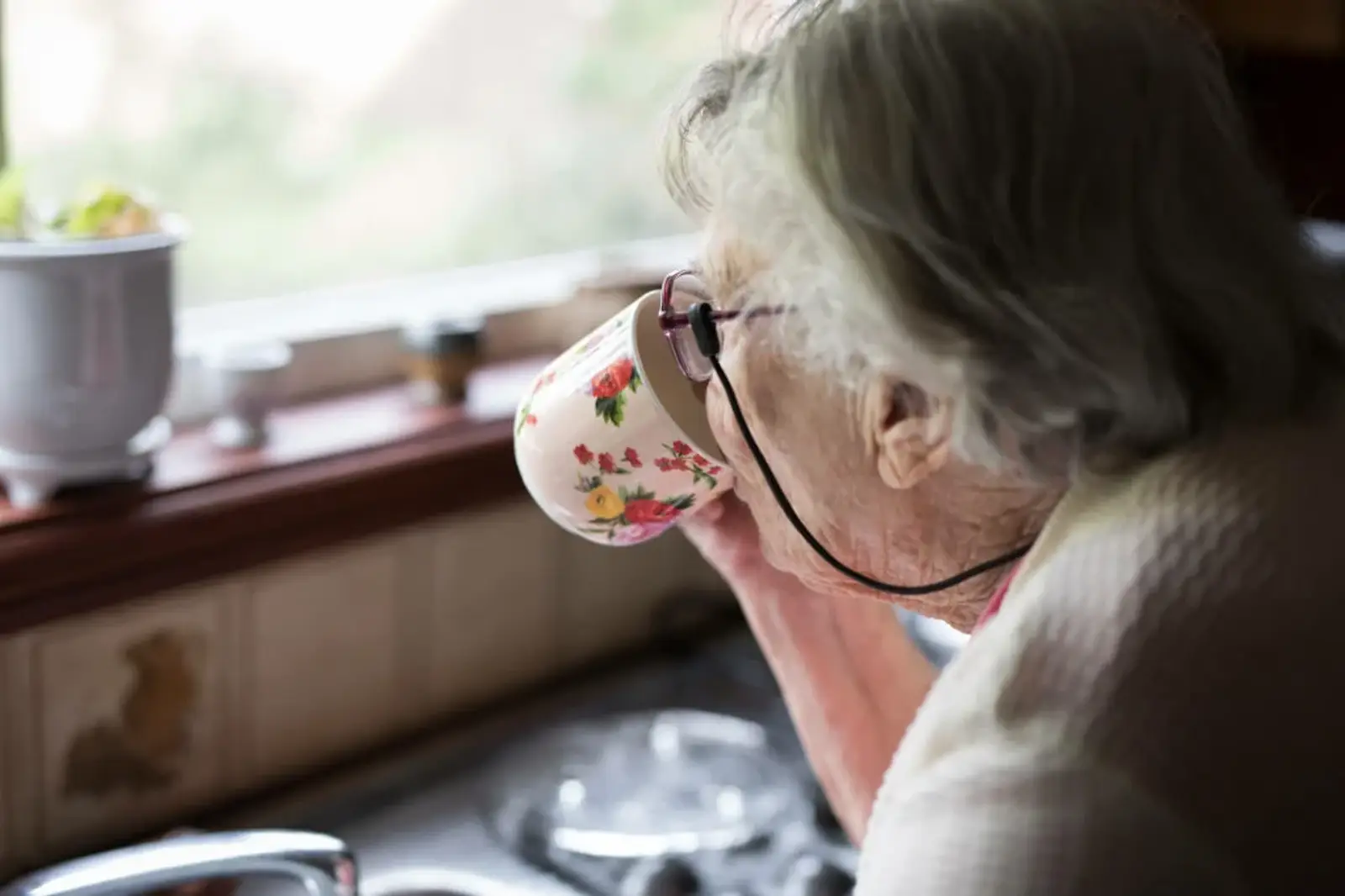
Loss of appetite in the elderly is a common concern for families and carers. While changes in eating habits can be part of ageing, a persistent loss of appetite in older adults should not be ignored, as it can affect health, strength, and overall quality of life.
This guide explains why loss of appetite occurs in the elderly, the potential risks, and how families can provide practical and compassionate support.
What Is Loss of Appetite in the Elderly?
Loss of appetite in the elderly refers to a reduced desire to eat, smaller portion sizes, or a lack of interest in food altogether. It may develop gradually or appear suddenly following illness, medication changes, or emotional distress.
While occasional changes in appetite are normal, ongoing appetite loss can lead to unintended weight loss, weakness, and increased vulnerability to illness.

Common Causes of Loss of Appetite in the Elderly
There are many reasons why older adults may experience a loss of appetite. Often, several factors overlap and reinforce one another.
Physical and medical causes
- Changes in taste and smell, which can make food seem bland or unpleasant
- Dental problems, mouth pain, or ill-fitting dentures
- Digestive problems such as constipation, acid reflux, or nausea
- Difficulty chewing or swallowing
- Chronic conditions such as heart disease, diabetes, or dementia
- Acute illness or recovery after hospitalisation
Medication-related causes
Many commonly prescribed medications can affect appetite, taste, or digestion. Appetite loss may be linked to:
- Antibiotics or pain medication
- Antidepressants or anxiety medication
- Medication that causes nausea, dry mouth, or drowsiness
A GP or pharmacist can review medications if appetite changes suddenly.
Emotional and psychological causes
- Depression or low mood
- Anxiety
- Bereavement or grief
- Loneliness or social isolation
Lifestyle and environmental factors
- Eating alone regularly
- Fatigue or low energy
- Difficulty shopping for or preparing meals
- Reduced mobility or confidence in the kitchen
Understanding the underlying cause is key to addressing appetite loss effectively.
Frequently Asked Questions About Loss of Appetite in the Elderly
Some changes in appetite can occur with ageing, but ongoing loss of appetite in the elderly is not inevitable and should be explored, particularly if it leads to weight loss or weakness.
You should seek medical advice if an older adult is eating very little, losing weight, or showing signs of fatigue, confusion, or dehydration.
Yes. Dementia can affect appetite in several ways, including changes in taste, difficulty recognising hunger, or problems with chewing and swallowing.
Offering small, frequent meals, focusing on favourite foods, eating together, and creating a calm mealtime routine can all help encourage eating.
Why Loss of Appetite in the Elderly Matters
Poor appetite can have serious consequences for older adults. Reduced food intake may lead to:
- Weight loss and muscle weakness
- Increased risk of falls
- Slower recovery from illness
- Reduced immunity
- Declining independence
Early support can help prevent these outcomes and support healthier ageing.
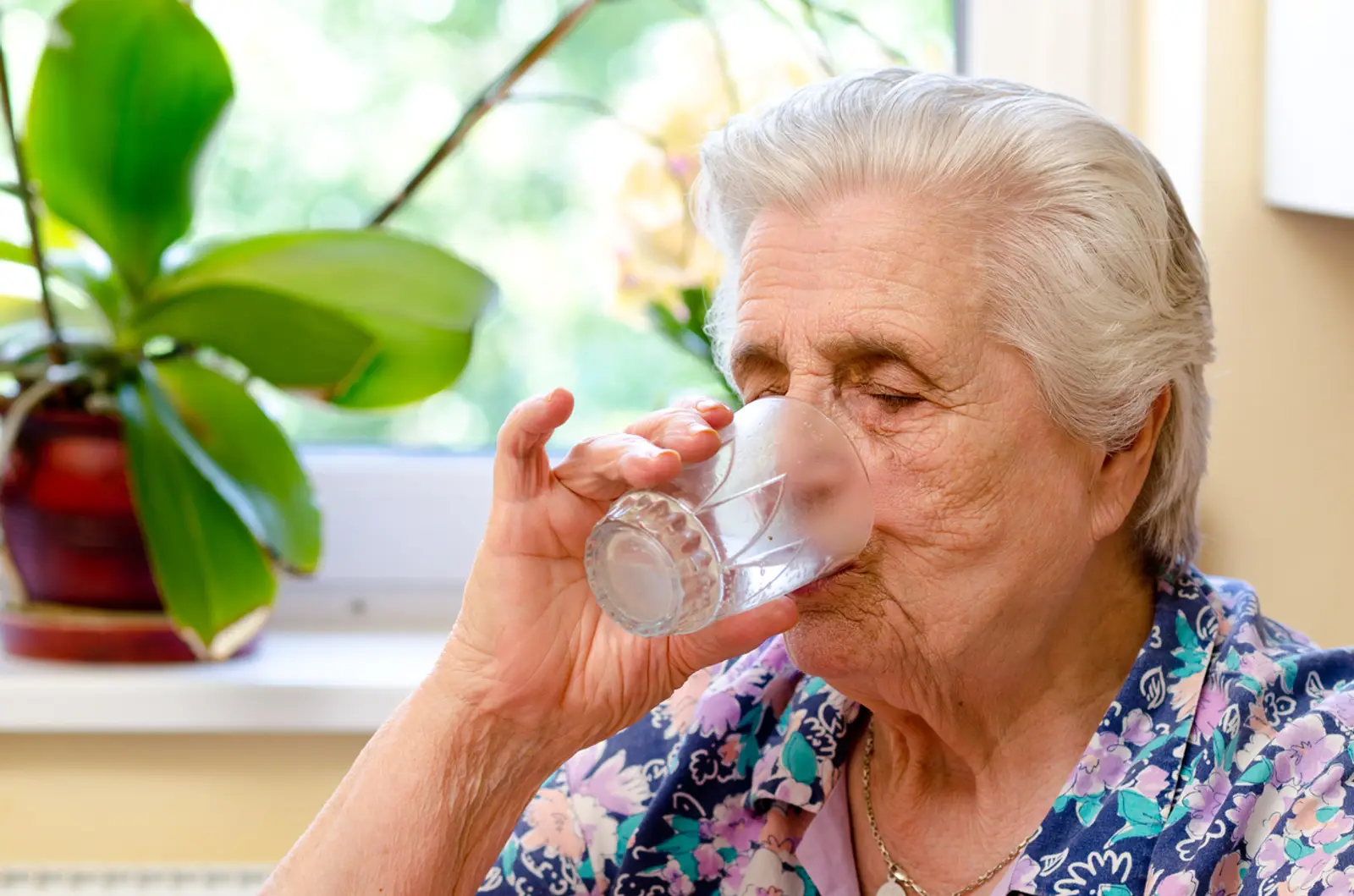
How to Deal With a Loss of Appetite in the Elderly
Supporting an older person with appetite loss often requires patience, flexibility, and small, practical adjustments.
Make meals easier and more appealing
- Offer smaller portions more frequently rather than large meals
- Focus on favourite or familiar foods
- Enhance flavour using herbs, spices, or sauces if appropriate
- Serve meals at a comfortable temperature
Reduce effort and fatigue
- Prepare meals in advance or batch cook
- Use ready-made nutritious meals when needed
- Choose soft, easy-to-chew foods
Encourage social and routine-based eating
- Eat together whenever possible
- Encourage regular mealtimes to create a routine
- Avoid distractions such as television during meals, as they reduce focus
Support hydration and nutrition
- Encourage fluids throughout the day to prevent dehydration
- Offer nourishing snacks such as yoghurt, soups, or smoothies
- Avoid filling up on drinks immediately before meals
Seek medical advice when needed
If appetite loss is sudden, ongoing, or accompanied by weight loss, confusion, or weakness, it is important to speak to a GP. Medical causes or medication side effects may need to be addressed.
When to Seek Extra Support
You may want to seek additional support if appetite loss is ongoing, weight loss is noticeable, or daily nutrition is becoming difficult to manage.
Professional care at home can help with:
- Meal planning and preparation
- Encouragement and companionship at mealtimes
- Monitoring health and well-being
How Elder Can Help
Elder supports older adults to live well at home, including those experiencing loss of appetite. Through personalised care at home and live-in care, carers can help prepare meals, encourage mealtimes, and offer companionship that can make eating more enjoyable.
If you’re worried about loss of appetite in the elderly and would like advice on support options, Elder’s care specialists can help you explore next steps.

